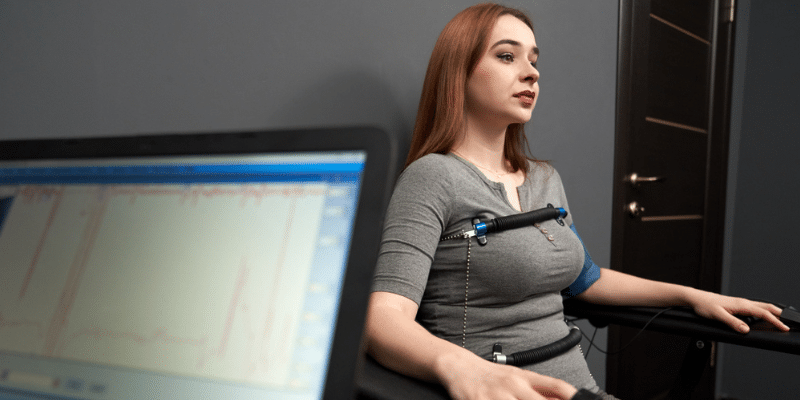No, said the London Central Employment Tribunal in Henry v Tattu Manchester Limited which found that a waiter had been harassed because of her sex after her manager had told her to wear make-up for her next shift because he said she looked ‘tired and unpresentable.’
As part of Ms Henry’s evidence she tried to submit a number of polygraph test results which she had undertaken to show that the incidents that made up her claims had ‘definitely taken place.’ In response the Tribunal concluded that the tests would be of little evidential value in respect of the decisions the Tribunal had to decide as the results would simply show what Ms Henry believed to be correct rather than what was actually factually correct.
The Tribunal stated that it could not accept the tests at face value as it would need to know the science behind the tests, the techniques and the statistics on reliability. There are not any other known cases where evidence such as this has been relied upon and it was simply not practicable for the Tribunal to investigate the provenance and reliability of the tests during the case.
In any event the test results were not necessary for Ms Henry to prove her case as the Tribunal found that her claim of harassment related to sex was well founded. The issue of evidence and the attempted use of this type of evidence is novel.
As practitioners we have seen a rise in the reliance on covert recordings, company sensitive data and social media posts by way of evidence that can be included in an evidence bundle.
I consider the Tribunal took the right approach here to prevent Ms Henry relying on the polygraph test results as this would have allowed for the reliance on subjective evidence with no basis to support its reliability. It would also, in my view, give rise to a ‘flood gates’ approach where any claimant could try to support their case with an ‘off the shelf’ polygraph test where neither side is actually confident of its reliability and the outcome lacks objectivity. Better in my view to stick to facts and documents that can be produced to the tribunal and in the absence of hard proof the witness evidence of the claimant.
This is a first instance decision so is not binding in law but we shall see if it rears its head again in any future appellate cases.
This blog was brought to you by Elizabeth McGlone, Partner at didlaw.
